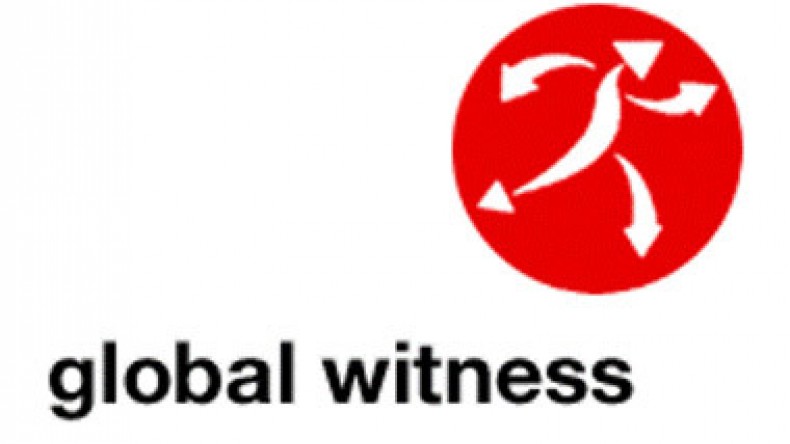
Global Witness has shed light on dark transactions of SOCAR
Azerbaijan Anonymous, a new report released today by Global Witness, reveals a shadowy figure in the oil industry of Azerbaijan, a key EU energy supplier, Anar Aliyev, the site of the organization reports.
Global Witness has established that a little-known businessman, Anar Aliyev, has gained ownership stakes, some highly profitable, in at least 48 deals with Socar, the state oil company of Azerbaijan, “though it is not clear why he is involved and how his involvement is of benefit to the country,” the organization notes.
It stresses that private individuals, including Anar Aliyev, could be benefitting at the expense of the citizens of Azerbaijan. The lack of transparency about how these companies came to be involved in the Azerbaijani oil industry raises serious questions over potential conflicts of interest and preferential treatment.
Global Witness’ findings in Azerbaijan Anonymous include the companies owned by Anar Aliyev have announced profits of US$375 million in deals involving the handling of Azerbaijani oil, though in most cases, Global Witness could find no evidence that these companies were selected through proper bidding processes or public tenders.
“In just one example, Anar Aliyev made US$118 million in profit in exchange for an investment of just US$5 million in Socar’s Swiss-based oil trading arm Socar Trading. The reasons for his company’s involvement have not been adequately explained,” the document reads.
According to the document the ownership of many other companies that have partnered with Socar has not been made public, so it is unclear who is benefitting from some of Azerbaijan’s oil deals. According to the report, the transparency in the oil sector of Azerbaijan is very important factor, given that it is the main sector of the economy in the country.
According to the document this opacity highlights a credibility problem for the Extractive Industries Transparency Initiative (EITI), of which Azerbaijan is a member for 10 years already. Currently, a country can comply with the EITI’s rules while other key aspects of its energy industry are kept in the shadows, raising the risk of corruption. The EITI is beginning to tackle this issue by piloting the voluntary publication of extractive companies’ real “beneficial” owners ahead of making this a mandatory requirement in 2016, although the exact nature of the final requirement has not yet been agreed.
Global Witness Director Simon Taylor says that the results of the report are concerning as the Azerbaijani people are not seeing the full benefit of their country’s oil boom.
“To stamp out any suspicion, Azerbaijan’s authorities should incorporate the disclosure of the beneficial owners of its extractive and oil trading companies into its EITI process and explain Anar Aliyev’s relationship with Socar as a matter of highest priority,” he said.
According to him it should ensure that identifying beneficial owners means exactly that – not just the names of proxies or companies in obscure ownership chains, but the real people who reap the benefits.
Newsfeed
Videos






























